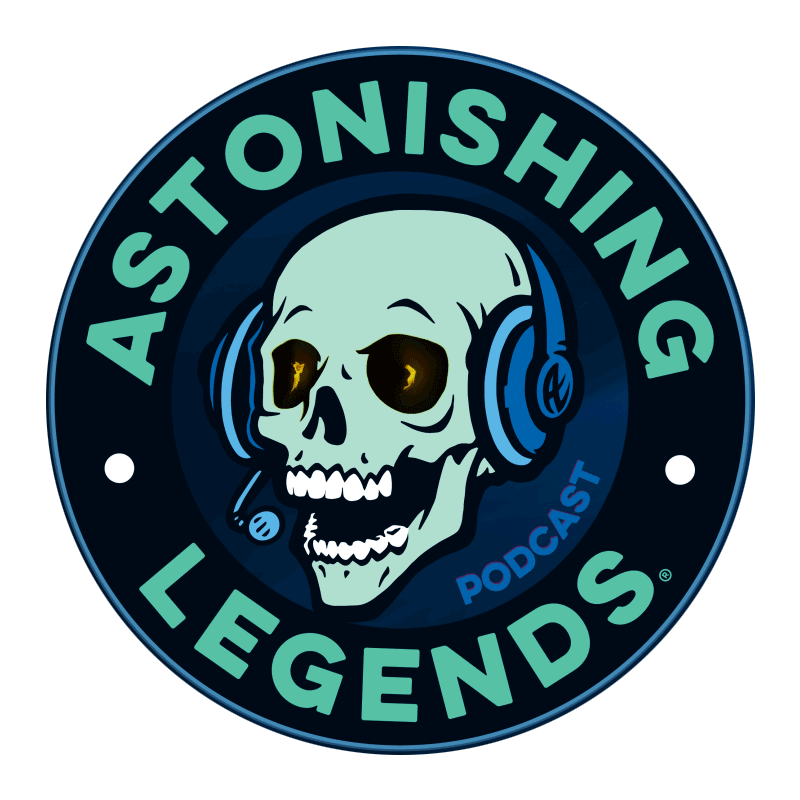This Is Your Brain on Horror Movies
Sadly this weekend I was horribly ill. Not-so-sadly I spent the entire weekend on the couch, watching a slightly mind-numbing amount of horror movies. Now that the sniffles have subsided and I feel a bit more myself I have a question: why horror? At my sickest and most vulnerable...why did I reach for some of the most shocking and terrifying material I could get my hands on? Well, this post seeks to answer that question.
Let's start with a professor's point of view, shall we? Professor Fischoff, professor emeritus of psychology at UCLA says, "We know that, in an hour or two, we’re going to walk out whole,” says Fischoff. “We’re not going to have any holes in our head, and our hearts will still be in our bodies.” If this is true, was I watching horror because my sickness reminded me of my mortality and I needed to see how others death with death? Perhaps the people on screen were somehow more "mortal" than i was because I wasn't dying. They lived and died, I lived and turned on the next movie.
Is there a power move at play when it comes to watching horror movies? Is it a way for us to confront mortality comfortably - approaching death and dying with a can-do attitude? I couldn't run away from a killer or monster, but at least my heart got pounding and I learned a little bit about how to potentially escape a killer. Or, at the very least, I yelled when characters, decidedly ignorant, chose exactly the wrong option...leading to their death.
Benjamin Bailey, a writer for Nerdist, seems to agree. He writes, "Our cultural love of horror is directly related to the reason people get Grim Reaper tattoos or wear t-shirts with skulls on them. We want to show everyone that death is in our control, not the other way around. It’s a way to give order to the universe, to reign in chaos." And, I quite liked this answer. Like I said above, horror movies in particular allow us to deal with death on-screen with a can-do attitude. We often put ourselves in those situations - what would we do? what could the characters have done better? and, even further, thinking about death as meaningful (or, not meaningful) or as an inevitable that isn't necessarily a bad thing...just a plot point.
Bailey continues, "Horror puts a face on something that is otherwise faceless." And, perhaps, when you're sick with some kind of bug or cold or flu...it's nice to put a face on things that are seemingly out of your control. So, I don't think watching horror movies means you want to see blood, guts, and destruction...but that you want to feel in control of the uncontrollable. Perhaps, in my weakened state, I wanted to feel like I could confront something - even if that something was Krampus (a surprisingly good flick - not a lot of CGI and great use of puppets!).
On top of the whole control thing...there's also something called the "catharsis theory" . The Catharsis Theory, when applied to our enjoyment of horror movies, posits we like watching horror movies because we feel better at the end of them. Now, the reasons for feeling 'better' at the end of the movies are all different. For example, sometimes we are happy the "hero" or "protagonist" of the story, someone we likely related to since they were given the most interiority, comes out on top. Other times we may feel vindicated because we "guessed" the ending or a twist, or even that the movie just stuck to the stereotypical plot we expected, thus confirming order in the world. But maybe we're just be happy that the horror is over and that we made it through.
I'd like to hear YOUR thoughts - why do we enjoy horror movies, especially if and when we're stuck on the couch?
The above image is unrelated to the story and is from Flickr user Josef.Stuefer and is liscensed under Attribution 2.0 Generic (CC BY 2.0).
